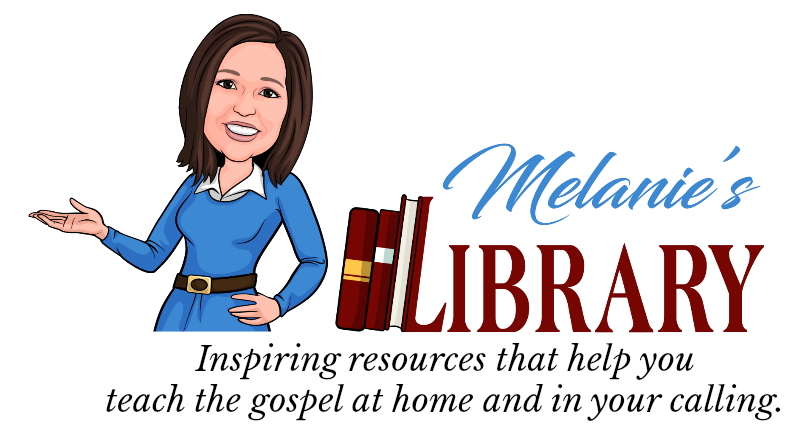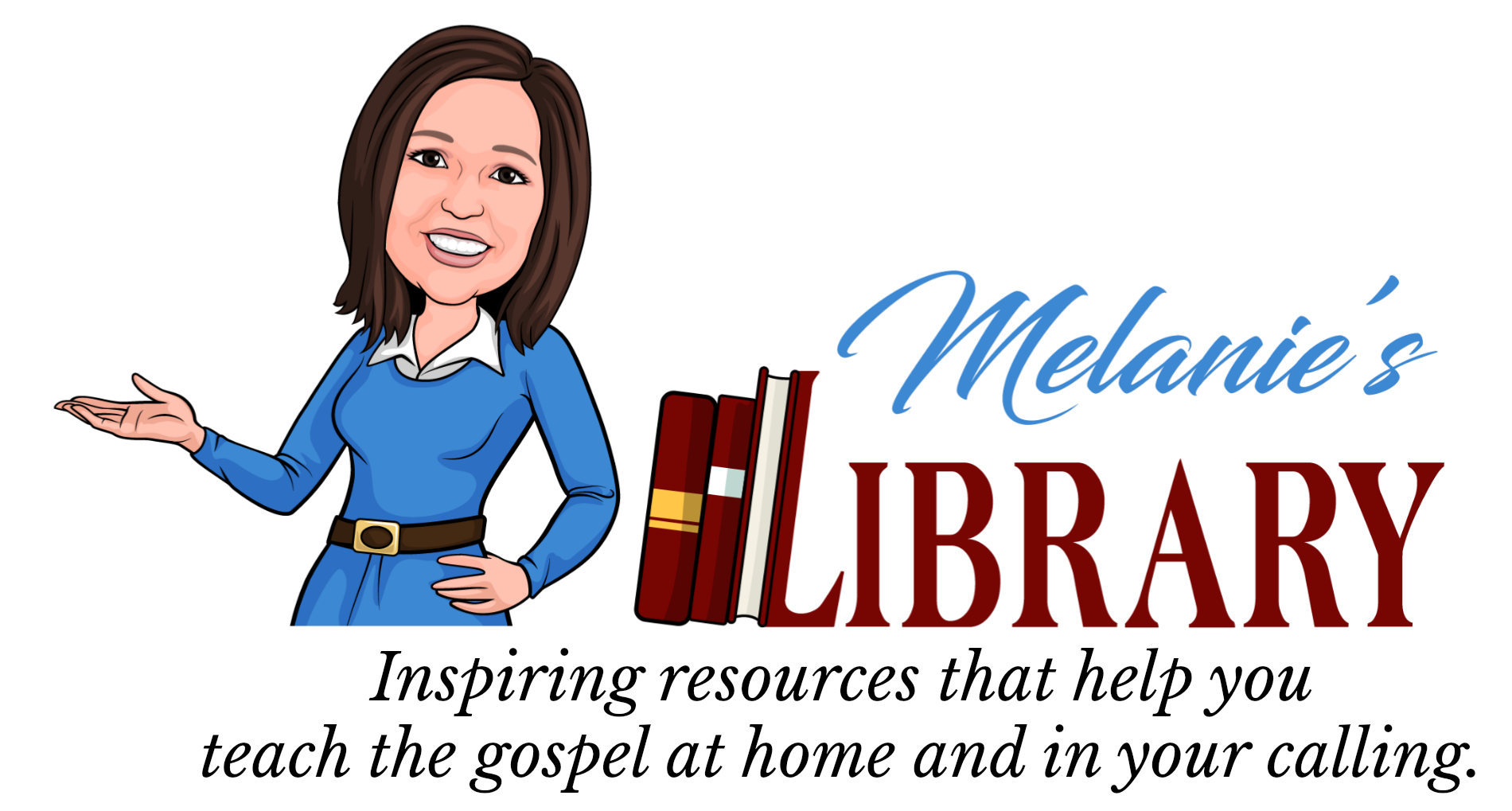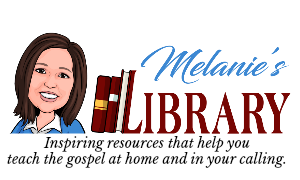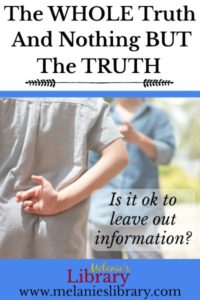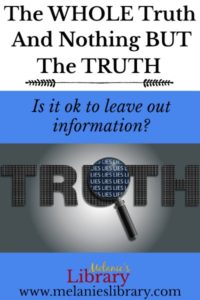An excerpt from the book A Case for the Book of Mormon by Tad R. Callister where he explains how a partial truth when intentionally presented as the whole truth is an untruth. He uses a short story given by President Russell M. Nelson to illustrate.

In the book by Tad R. Callister entitled A Case for the Book of Mormon, Callister gives examples of cases where only partial facts pertaining to the Book of Mormon were disclosed as though they were the whole truth. This resulted in an untruth. This book teaches a powerful lesson not only to the truthfulness of the Book of Mormon but also the importance for each of us, as individuals, to strive to always be one hundred percent honest with each other. Callister illustrates this fact with a short story given by President Russell M. Nelson.

Partial Truths Presented As the Whole Truth
President Russell M. Nelson shared the following story, highlighting the need to tell the whole truth. He said:
I was serving as a consultant to the United States government at its National Center for Disease Control in Atlanta, Georgia. Once while awaiting a taxi to take me to the airport after our meetings were over, I stretched out on the lawn to soak in a few welcome rays of sunshine before returning to the winter weather of Utah’s January. Later I received a photograph in the mail taken by a photographer with a telephoto lens, capturing my moment of relaxation on the lawn. Under it was a caption, “Governmental consultant at the National Center.” The picture was true, the caption was true, but the truth was used to promote a false impression. Yes, truth can even be used to convey a lie.
Sufficeth to say, a partial truth when intentionally presented as the whole truth is an untruth. Unfortunately, there are some who are so concerned about winning an argument or promoting an ideology that they present only a partial truth. Perhaps afraid that if they presented the whole truth it would dilute or even negate their argument. When they do so, that partial truth becomes an untruth…
[This is] for those who intentionally withhold certain key facts that are essential to making an informed decision on the subject. This principle not only applies to critics of The Church of Jesus Christ of Latter-Day Saints but to all of us. If we have presented only a partial truth, then we should do our best to correct it. In the end, an honest answer even though not fully supportive of one’s position will usually appeal to an honest person.
Tad R. Callister, A Case for the Book of Mormon, Chapter 4
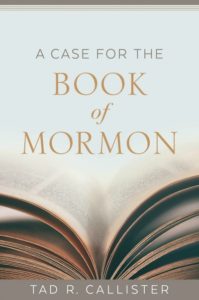
The first four chapters in the book A Case for the Book of Mormon, Tad R. Callister focuses on answers to principle arguments that critics have made against the Book of Mormon. The first four chapters as he calls it is being on the “defense.” The rest of the book he is on the “offense” highlighting many evidences of the Book of Mormon that critics seem reluctant to address. These evidences also, when studied honestly and sincerely, open the door for the spirit to bear witness of their truthfulness.
This book strengthened my testimony to just how beautiful and precious the Book of Mormon is.
You can find this book on Amazon along with other great church books.
A Case for the Book of Mormon is also available on Deseret Bookshelf Plus. Try it for FREE for 30 days. Click HERE.
Yours Truly,

P.S. For more inspiring gospel-related resources delivered right to your inbox, sign up for my monthly Finding JOY Newsletter. Helping you be the most effective teacher you can be at home and in your calling.
Disclaimer: Melanie’s Library is a participant in the Amazon Services LLC Associates Program and Deseret Bookshelf Plus Services Affiliates Program, both affiliate advertising programs designed to provide a means for sites to earn advertising fees by advertising and linking to amazon.com and Bookshelf.Deseretbook.com
